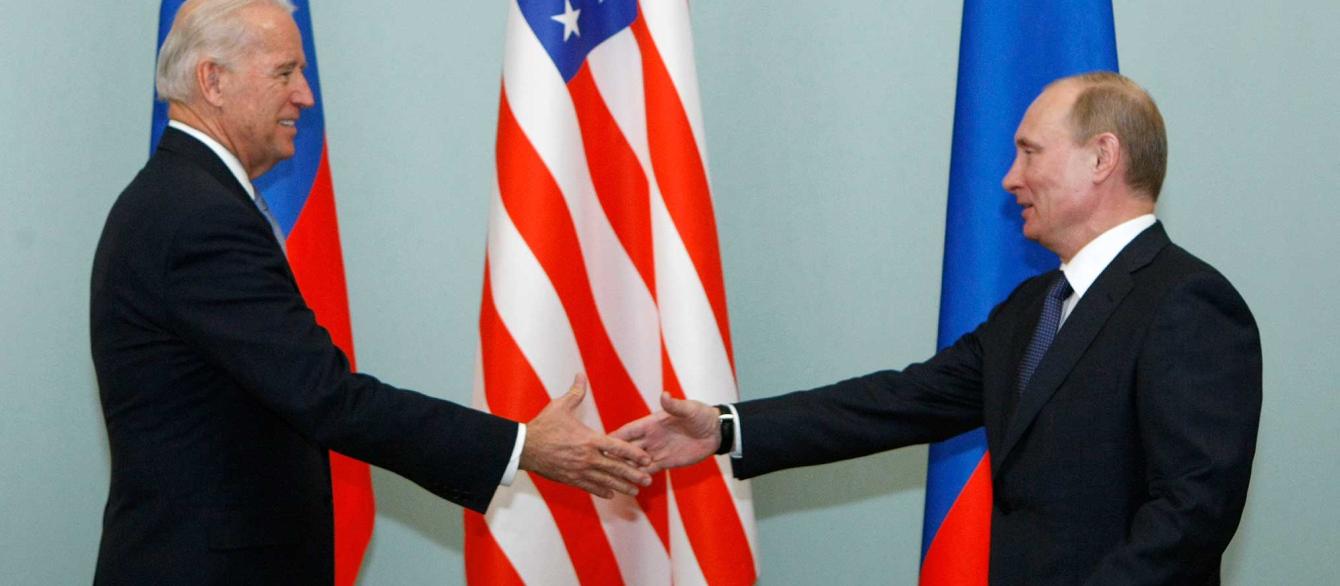What do you think Biden and Putin each want to get out of the June 16 summit?
I would presume that both sides approach this meeting with limited expectations. They would hope to achieve greater predictability in the ongoing confrontation but have doubts that the other side would negotiate in good faith and would fulfill any promises that it would make. Nevertheless, both sides would seek to establish some rules enabling managed competition. The most obvious reflection of that would be activation of dialogue on such issues as strategic stability, arms control, and cybersecurity. However, it would require also certain informal and perhaps unarticulated understandings on issues that Moscow and Washington are unable to discuss openly due to reputational concerns. These would include meddling in domestic politics, further economic sanctions, and Ukraine.
How likely is it that either or both will accomplish their objectives?
The format of the summit does not presume any specific deliverables. Moreover, as mentioned above, the most crucial issues are too sensitive for any formalized agreements. Thus, the management of the current confrontation requires a process of continuous mutual adjustment rather than a single-shot compromise. It would be helpful if the personal meeting of the two leaders contributed to this work by launching a series of dialogues.
Managing the current confrontation between Russia and the United States requires a process of continuous mutual adjustment rather than a single-shot compromise.
What would it take for U.S.-Russia relations to improve at this point? Is that likely? Is it more likely that the bilateral relationship will continue to deteriorate?
The differences between Russia and the United States are multi-faceted and deep. Therefore, there is little prospect to overcome confrontation anytime soon, and there is a lot of potential for further exacerbation of tensions. However, at this point both Moscow and Washington have reasons to seek a kind of détente to manage their differences better. The United States faces competition from China, which requires a growing share of its attention and resources. Meanwhile, Russia has to take into account the asymmetry of capabilities, especially due to economic and political challenges at home.
How would you counsel Putin or Biden if they suddenly turned to you for advice? I am sure that both leaders have received a lot of various advice already by this point and are pretty settled in their approaches to negotiations. There are a lot of ways in which Russia and the United States could signal eagerness to manage their relations better, without making major political concessions. They include restoration of diplomatic representation, restrictions on dangerous military activity (including moratorium on intermediate missiles in Europe), or joint projects on climate. It is important for the sides to move cautiously so as not to create exaggerated expectations or domestic backfire, but it is also important to seize this opportunity to achieve greater stability, if not cooperation.




